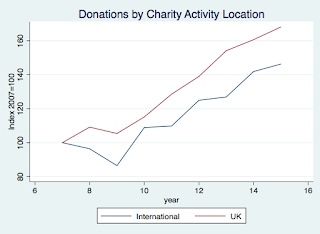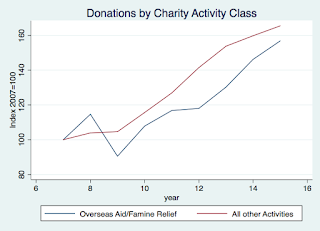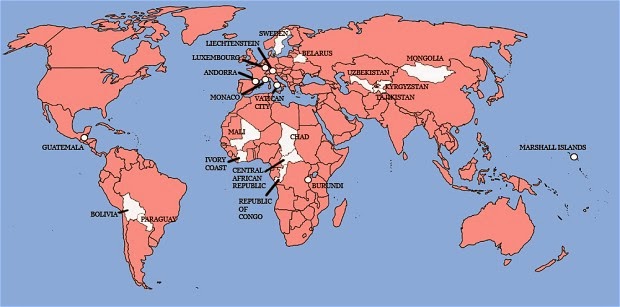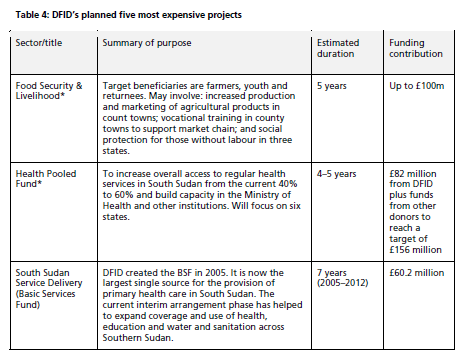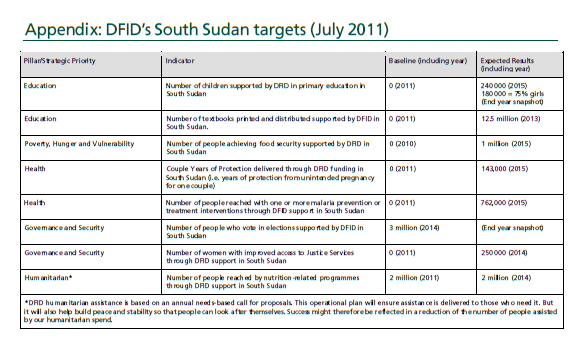Over at the Ark blog:
"The new DFID education policy “Get Children Learning” was published last week. As its name suggests, the policy is all about moving the needle on learning outcomes. It sets out a strategy to tackle the learning crisis in developing countries, which has left 90 percent of primary school leavers in low-income countries without basic literacy or numeracy. As a strategy, it’s relevant and ambitious, and it’s been widely welcomed by the education sector.
Of course, tackling a crisis this deep and complex is easier said than done. So how does DFID plan to do it?
Three priorities underpin DFID’s strategy to tackle the learning crisis and form the backbone of their new policy: better teaching, education system reform, and targeted support to the most marginalised kids. And permeating the strategy are three themes - more and better research; more attention paid to the political economy of education reform; and the “Best of British” - how UK expertise can be better leveraged to improving schools in developing countries. These themes are interesting because each represents a fairly fundamental shift in or crystallisation of thinking from DFID, and together they provide some insight into how the strategy will be executed. The “Best of British” theme in particular reflects a new willingness by DFID to think more strategically about how to facilitate cross-system learning.Read the rest here
